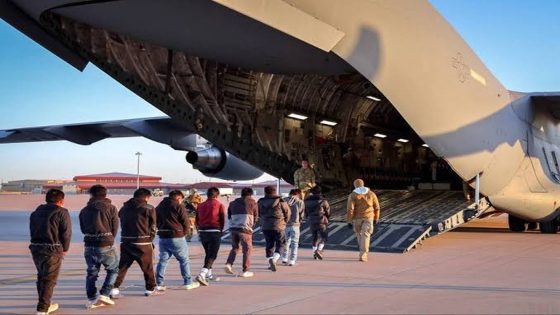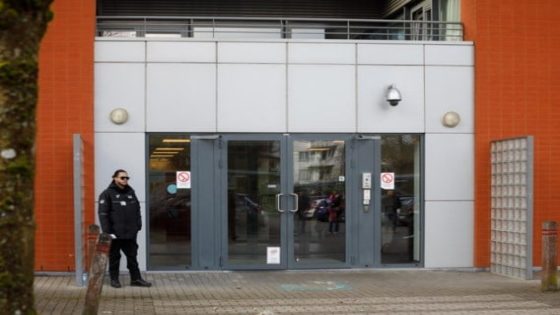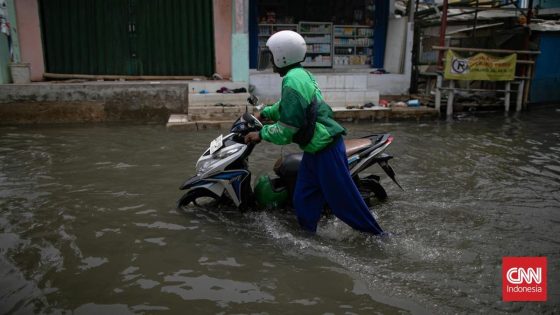On January 25, 2025, the Brazilian Ministry of Justice revealed that U.S. authorities attempted to restrain Brazilian citizens with handcuffs during a deportation flight. However, the Brazilian government intervened, using a Brazilian Air Force aircraft to ensure the safe transport of its citizens.
- Brazilian Ministry of Justice issued a statement
- US authorities wanted to restrain Brazilian citizens
- Brazilian government opposed the use of handcuffs
- Brazilian Air Force transported deported citizens
- Incident occurred on a deportation flight
U.S. Deportation Practices Under Scrutiny: What Happened to Brazilian Citizens?
Why were Brazilian citizens facing handcuffing during their deportation flight? On January 25, the Brazilian government stepped in to protect its citizens from what they deemed inhumane treatment by U.S. authorities. This incident raises questions about deportation practices and the rights of individuals during such processes.
Implications of the Incident for U.S.-Brazil Relations and Deportation Policies
This event has significant implications for U.S.-Brazil relations. The Brazilian government’s swift action to prevent handcuffing reflects a commitment to the humane treatment of its citizens. It also emphasizes the need for a review of deportation policies, particularly regarding how individuals are treated during their return flights.
Understanding the Broader Context of Deportation Practices
Deportation practices can vary widely between countries. The Brazilian government’s intervention in this case raises important questions about human rights and the treatment of deportees globally. Here are some key points to consider:
- Human rights concerns regarding the treatment of deportees.
- The role of international diplomacy in addressing deportation practices.
- The potential for policy changes in response to public outcry.
- The impact of such incidents on bilateral relations.
What This Means for Future Deportations and Rights of Individuals
This incident may set a precedent for how deportations are handled in the future. It highlights the importance of ensuring that deportees are treated with dignity and respect. As public awareness grows, will we see changes in policy that prioritize humane treatment?
In conclusion, the Brazilian government’s quick response to the attempted handcuffing of its citizens during deportation underscores the importance of human rights in international relations. As discussions continue, the hope is for more humane practices in deportation processes worldwide.































